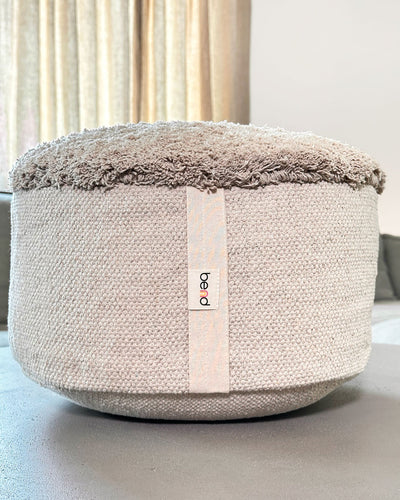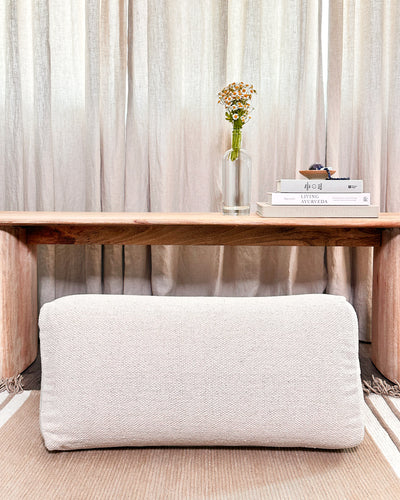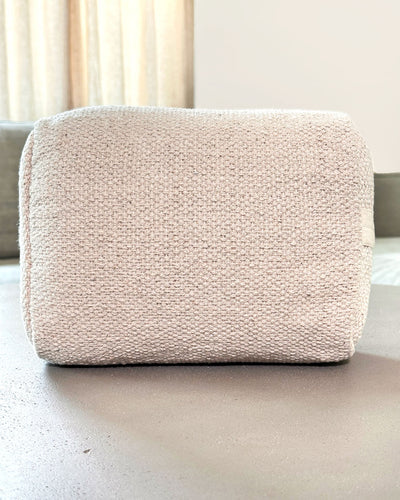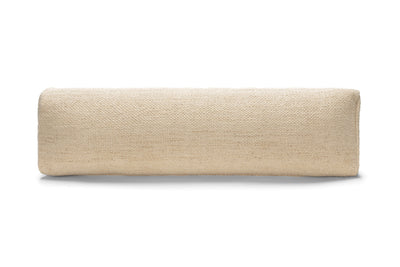Bennd’s Biodynamic, Eco-centric Philosophy, Explained
At Bennd Yoga, sustainability is more than a branding buzzword or greenwashing technique: It’s the guiding principle of virtually everything we do, and it has shaped our approach to crafting natural products intended to elevate long-term personal and environmental wellness. Rather than take a reactive stance, we’ve built Bennd on a circular economy in which each process contributes to the final product while also supporting other processes. This helps us limit our consumption of critical resources as we cultivate our plant-based medicinal dyes and textiles. Ultimately, our goal at Bennd is to make yoga products with a minimal environmental impact while inspiring our customers to make sustainable practices a more central part of life.
To start: What does “biodynamic” mean?
Biodynamics is a field of research and practice devoted to developing and implementing natural, ecologically responsible, and sustainable techniques for agriculture and nutrition. It’s an ecological philosophy that proposes a kind of bidirectional connection between the environment as a field of science and the environment as a spiritual entity upon which humans are dependent in perpetuity. These ideas were formally introduced to Western societies by Dr. Rudolph Steiner in the 1920s, but biodynamic practices have been a hallmark of indigenous cultures around the world for hundreds, even thousands of years. The idea of humanity existing in harmony with nature is hardly new, but it has only been in recent years that Western cultures have begun to adopt the language and concepts of environmental balance, largely driven by the growing concern over the climate change crisis.

Our chief goal at Bennd is to help people connect with a higher sense of self and achieve a more fulfilling balance between body, mind, and spirit.
Reusing and Repurposing Materials & Resources
Reducing consumption is a core element of building a biodynamic production chain, and we reuse materials at every opportunity. For our yoga mats and meditation pillows, we carefully collect all cuttings and leftover textile resources and repurpose them into paper and packaging for our products and marketing materials. Any additional materials we need for marketing or printing are previously recycled as well—we do not purchase virgin materials.

We also take steps to reuse and repurpose the basic resources we use, such as water for the medicinal dye baths that infuse our yoga mats with their regenerative properties and wellness-boosting effects. Since our dye baths are 100% plant-based, we’re able to collect the water and reuse it to water the gardens that supply the ingredients for the dye baths. Thanks to the array of nutrients and organic compounds in our medicinal dye baths, this also helps fertilize our gardens and produce more of the healing plants that enrich our yoga mats and other textiles.

Sustainability is more than a branding buzzword or greenwashing technique: It’s the guiding principle of virtually everything we do.
Additionally, the wood ash that remains after we boil our dye baths is reused in our gardens, making our soil more alkaline and adding potassium to nurture healthy growth. All other byproducts and residues from our dyeing process is returned to a composting pit that also helps support our gardens.

Hand-driven machinery and tools
At Bennd, we also strive to minimize our carbon emissions as a business, using as little electricity as possible in our crafting processes. Specifically, we use hand and pit looms to weave our organic yoga mats, which we feel also imbues them with a stronger sense of personalization and individuality along with cutting electricity usage.

Organic Materials, Chemical-Free Products
Finally, we’re dedicated to keeping our products 100% free of harmful chemicals that could diminish the positive effects of our medicinal dyes and herbs. All of our materials are natural and ethically sourced, containing no carcinogens, synthetics, PVCs, or phthalates.















